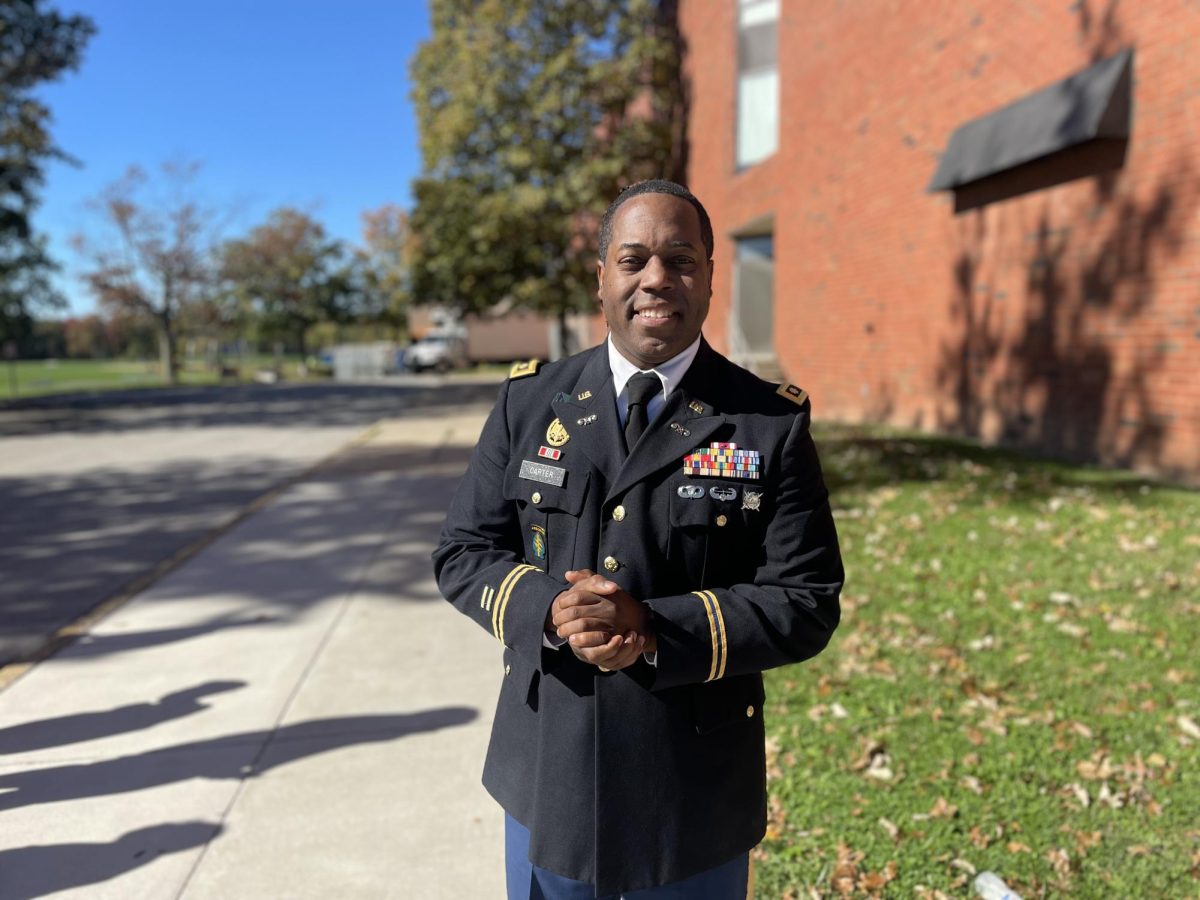School Opening Later is More Beneficial Than You Think
Opinion
January 19, 2023
Adults are constantly reminding high schoolers of the importance of sleep. But, how can we be expected to get at least 8 hours of sleep a night, and still be at school by 7:25 a.m? Teenagers, especially those in high school, have so many responsibilities during the day. By the time they’re able to finally fall asleep, it’s almost time to start getting ready for the day. It feels like sleeping has been tossed aside, and only really comes to the forefront of people’s thoughts when they are exhausted.
According to the most recent federal data published by the National Center for Education Statistics, only 17% of high schools open later than 8:30 a.m. Schools starting later in the morning would not only benefit the students but the staff as well. . There are always dozens of teachers in the halls every morning with an extra large cup of coffee, and there’s a good chance that it won’t be their last one either. Everyone from the bus drivers to the principal could benefit from school beginning later in the day.
The American Academy of Sleep Medicine recommends that teenagers should be getting anywhere from 9-9 ½ hours of sleep every night, but over 72.7% of students report that they’re only getting around 7 hours of sleep at night. Lack of sleep can lead to a multitude of physical or mental issues including, depression, high blood pressure, heart disease, diabetes, and much more. Sleep also plays a crucial role in academic success. The National Sleep Foundation says that a lack of sleep can lead to decreased attention, impaired memory, slowed processing, and reduced creativity. An adequate amount of sleep contributes to a student’s overall health and well-being, so without it, it can lead to a multitude of issues.
According to a study done by researchers at the University of Washington and the Salk Institute for Biological studies, teenagers who were able to attend school nearly an hour later, going from starting at 7:50 to 8:45, benefitted from the change greatly. Their final test scores improved by almost 4.5%, compared to the students who were still starting school at 7:50. At NAHS, we start almost 30 minutes earlier than that, at 7:25. There would be drastic changes for our school in test scores, attendance and more with a time change as simple as 25 minutes. They were getting only an average of 34 more minutes of sleep each night, but it was still a huge improvement for their overall health.
Without an efficient amount of sleep, teenagers tend to look for other methods to help them stay awake during the day. With strict parents and teachers, some students can’t easily get away with sleeping from time to time during class, so they have to find help elsewhere. Many students use things such as nicotine, caffeine, in the form of coffee or energy drinks, or even alcohol to stay awake and alert during the day. Many students have seen or experienced it here, especially with the rise in vaping. These are all extremely dangerous and unhealthy ways of staying up during the day and can lead to students having serious health issues later on. A study done by the Center for Applied Research and Educational Improvement at the University of Minnesota found that teens who reported getting more than 8 hours of sleep at night are less likely to use caffeine and other substances during the day.
Teachers are also greatly affected by the times that schools open. They’re expected to be in the school even earlier than the students so that they’re able to prepare for whatever lesson they’re teaching that day. Having to deal with whatever goes on in their personal lives, grading and creating assignments after school, and so much more leads to teachers getting an insufficient amount of sleep. 43% of teachers reported that they get less than 6 hours of sleep a night. These conditions could lead to teachers not being able to properly convey their lessons, and students being confused or not properly understanding the material.
One of the most common counterarguments is “Well, why don’t teens just go to bed earlier?” Unfortunately, it’s not all that simple. Studies done by a multitude of different researchers show that the body secretes the sleep hormone, melatonin, around 2 hours later in teenagers than in children and adults. The research also found that the homeostatic sleep drive changes in adolescence, which makes it much easier for teens to be able to stay awake later in the night compared to younger children and adults. Most of us haven’t gone to sleep before 10 p.m. in years, imagine the struggle that would come with trying to completely change your night routine for that extra hour of sleep.
Not getting enough rest is a dangerous thing for someone’s mind and body. Without it, it’s incredibly difficult to properly function and get through the day without any struggles. Norristown should seriously consider making this change if they want to see positive changes in our schools. Starting school later would provide many benefits for the staff and students of NAHS.





Kim Brown • Jan 20, 2023 at 1:25 pm
Congrats on a great article Ang! Keep up the good wok I enjoyed reading it.
Ms. Brown
Zarrien • Jan 20, 2023 at 10:11 am
I agree and would also like to point out if you take the bus you have to wake up even earlier as well me personally I have to get up at 5:30 every day and it’s driving me crazy most of the time I only get 5-7 hours of sleep daily no matter what I do to my overall schedule it’s just to early for me